Home>Garden Essentials>What To Do With Mustard Seeds
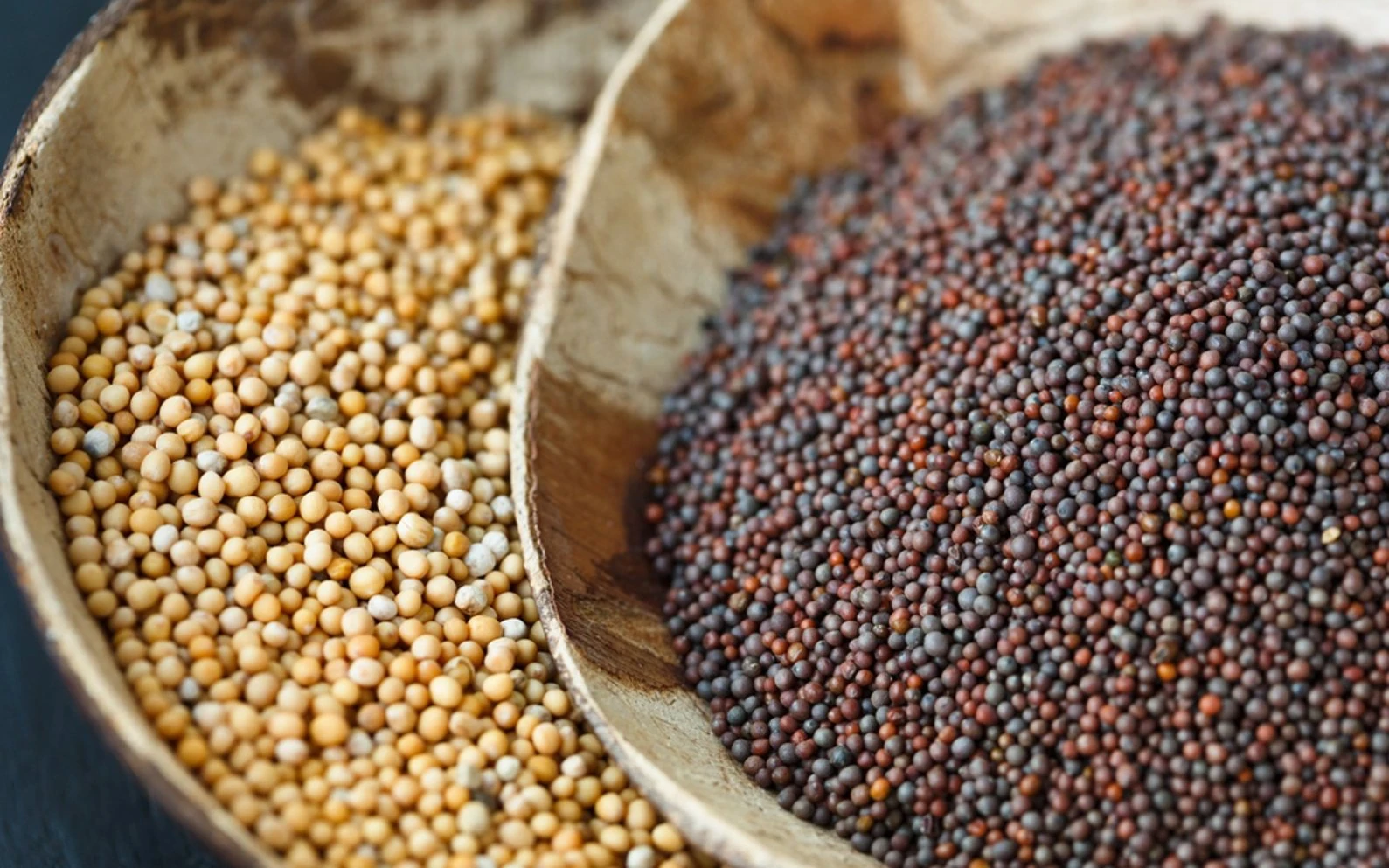

Garden Essentials
What To Do With Mustard Seeds
Modified: August 17, 2024
Discover creative ways to utilize mustard seeds in your garden. From cooking to natural pest control, these tiny seeds offer endless possibilities!
(Many of the links in this article redirect to a specific reviewed product. Your purchase of these products through affiliate links helps to generate commission for Storables.com, at no extra cost. Learn more)
Introduction
Welcome to the world of mustard seeds! These tiny powerhouses of flavor and nutrition have been used for centuries in culinary traditions around the globe. Whether you’re a seasoned cook or a gardening enthusiast, mustard seeds are a must-have ingredient to have in your pantry. But their uses extend far beyond the kitchen, as these little seeds offer a wide range of health benefits and practical applications.
In this article, we’ll explore the different ways you can incorporate mustard seeds into your daily life. From adding a tangy kick to your favorite dishes to harnessing their medicinal properties, mustard seeds are a versatile ingredient that deserve a place in your garden and kitchen.
So, let’s dive in and discover the fascinating world of mustard seeds!
Key Takeaways:
- Mustard seeds are not just for cooking – they offer health benefits, practical uses, and can even be grown in your garden. They’re tiny but mighty powerhouses of flavor and nutrition!
- From adding a tangy kick to dishes to providing health benefits and practical uses, mustard seeds are versatile and offer a world of possibilities for culinary, wellness, and gardening adventures.
Read more: How Many Mustard Seeds To Make Mustard
Uses for Mustard Seeds
Mustard seeds offer a plethora of uses, making them a valuable addition to your culinary repertoire and beyond. Here are some of the key ways you can utilize these versatile seeds:
- Cooking Ingredient: Mustard seeds are commonly used as a spice in cooking. When toasted or heated, they release a nutty and pungent flavor that enhances the taste of various dishes. They are commonly used in Indian, Middle Eastern, and Mediterranean cuisines, adding depth and complexity to curries, pickles, salad dressings, and marinades.
- Condiment: Mustard seeds are the foundation of the beloved condiment, mustard. By grinding the seeds and combining them with vinegar, water, and other flavorings, you can create your own homemade mustard. This versatile condiment can be used to enhance the flavor of sandwiches, burgers, pretzels, and more.
- Pickling: Mustard seeds are often used in the pickling process to add a zesty and tangy flavor. They are commonly added to pickled vegetables, such as cucumbers or green beans, to create a delightful crunch and a burst of flavor.
- Spice Blends: Mustard seeds are a common ingredient in spice blends. Along with other spices such as cumin seeds, coriander seeds, and fenugreek seeds, they contribute to the complex flavors found in curry powders, garam masala, and other spice mixes.
- Bakery Delights: Believe it or not, mustard seeds can also add a unique twist to your baked goods. Adding a sprinkle of mustard seeds to bread dough or incorporating them into savory pastries can elevate the taste and texture, giving your baked creations a delightful crunch and a subtle tang.
As you can see, mustard seeds can be used in numerous culinary applications, providing depth of flavor, texture, and unique taste to a wide range of dishes. But their benefits don’t stop there. Mustard seeds also offer a host of health benefits, making them a fantastic addition to your wellness routine.
Culinary Applications
When it comes to culinary applications, mustard seeds shine in a variety of dishes and cuisines. Here are a few ways you can incorporate mustard seeds into your cooking:
- Tempering: One of the most popular uses of mustard seeds in Indian cuisine is tempering. This involves heating oil or ghee and adding mustard seeds to it, allowing them to crackle and release their flavor. The tempered mustard seeds are then added to dishes like dals, curries, and stir-fries, imparting a delicious nutty taste and aroma.
- Masalas and Curry Pastes: Mustard seeds are a vital ingredient in many homemade masalas and curry pastes. Roasting and grinding mustard seeds with other spices and herbs creates a flavorful base that forms the backbone of various Indian curries and stir-fries.
- Salad Dressings and Marinades: Mustard seeds can give your salad dressings and marinades a tangy and zingy kick. Simply mix ground mustard seeds with vinegar, oil, honey, and other desired ingredients to create a versatile dressing or marinade for your favorite salads, sandwiches, or grilled meats.
- Preserves and Chutneys: Mustard seeds are often used in preserving fruits and vegetables, as well as making chutneys. The seeds add a distinctive flavor and texture to these condiments, perfectly balancing the sweetness or tartness of the preserved ingredients.
- Seasoning and Toppings: Mustard seeds can be used as a seasoning or topping for various dishes. Sprinkle them over roasted vegetables, grilled meats, or even popcorn to add a crunchy texture and an extra burst of flavor.
These are just a few examples of the many culinary applications of mustard seeds. Their versatility and unique flavor profile make them a welcome addition to a wide range of recipes, allowing you to experiment and create delightful dishes that tantalize the taste buds.
Now that we’ve explored the culinary uses of mustard seeds, let’s dive into the health benefits they offer when consumed.
Health Benefits of Mustard Seeds
Beyond their culinary applications, mustard seeds pack a punch when it comes to health benefits. Here are some of the ways that incorporating mustard seeds into your diet can support your well-being:
- Rich in Nutrients: Mustard seeds are a great source of essential nutrients like fiber, protein, iron, calcium, magnesium, and omega-3 fatty acids. Including them in your diet can help you meet your daily nutritional needs.
- Antioxidant Powerhouse: Mustard seeds contain antioxidants, such as glucosinolates and isothiocyanates, which help neutralize free radicals in the body and reduce oxidative stress. This can contribute to a lower risk of chronic diseases, including cancer and heart disease.
- Anti-Inflammatory Properties: The compounds found in mustard seeds have been shown to possess anti-inflammatory properties. Consuming them regularly may help reduce inflammation in the body and provide relief from conditions like arthritis and respiratory issues.
- Digestive Aid: Mustard seeds are known for their digestive benefits. They stimulate the production of digestive enzymes, which can promote better digestion, improve nutrient absorption, and prevent digestive discomfort such as bloating and gas.
- Cardiovascular Health: Mustard seeds have been associated with cardiovascular benefits. The presence of omega-3 fatty acids and other heart-healthy compounds may help reduce the risk of heart disease, lower cholesterol levels, and improve overall heart health.
- Weight Management: Due to their high fiber content, mustard seeds can contribute to a feeling of fullness and help regulate appetite. Including them in your meals may assist in weight management and prevent overeating.
It’s important to note that while mustard seeds offer a range of health benefits, they should be consumed as part of a balanced diet and lifestyle. Incorporating them into your meals can be a delicious and nutritious way to support your overall health and well-being.
Now that we’ve explored the culinary and health benefits of mustard seeds, let’s delve into how mustard seed oil can be used in various practical applications.
To enhance the flavor of mustard seeds, dry roast them in a pan before using them in your recipe. This will bring out their nutty and earthy taste.
Mustard Seed Oil Uses
Mustard seed oil, derived from the seeds of the mustard plant, is not only flavorful but also offers several practical uses. Here are some of the ways that you can incorporate mustard seed oil into your daily life:
- Cooking and Flavoring: Mustard seed oil is a popular cooking oil in many cuisines, particularly in Indian and Bengali cooking. It has a distinct pungent flavor and a high smoke point, making it suitable for sautéing, stir-frying, and deep frying. It adds a unique taste and aroma to dishes, especially when used in moderation.
- Massage and Body Oil: Mustard seed oil is widely used in traditional Ayurvedic and alternative medicine practices for its potential therapeutic effects. It can be used as a massage oil to nourish and moisturize the skin, promote relaxation, and relieve muscle and joint pain.
- Hair Care: Mustard seed oil can benefit the health of your hair. It is believed to help promote hair growth, strengthen the hair follicles, and prevent hair loss. Massaging the scalp with warm mustard seed oil can improve blood circulation and provide nourishment to the hair roots.
- Preserving and Pickling: Mustard seed oil is known for its preservative properties. It is commonly used in pickling and preserving fruits and vegetables to extend their shelf life. The oil helps retain the crispness and natural flavors of the preserved ingredients.
- Traditional Remedies: Mustard seed oil has been used in traditional medicine for its potential antibacterial, antifungal, and anti-inflammatory properties. It is sometimes applied topically to treat skin conditions like rashes, acne, and fungal infections.
When using mustard seed oil, it’s important to note that it has a strong flavor and aroma, which may not be suitable for all tastes. It is recommended to use it sparingly and to experiment with small amounts to find the right balance in your recipes.
Now that we’ve explored the practical uses of mustard seed oil, let’s discover how mustard seeds can be used as natural remedies for various ailments.
Read more: What Size Is A Mustard Seed
Mustard Seed as a Natural Remedy
Throughout history, mustard seeds have been recognized for their potential medicinal properties and have been used as a natural remedy for various ailments. Here are some of the ways you can harness the power of mustard seeds in your health and wellness routine:
- Respiratory Relief: Mustard seeds have been used for centuries to alleviate respiratory conditions like coughs, colds, and congestion. The compounds found in mustard seeds can help clear the airways, reduce mucus, and provide relief from respiratory discomfort.
- Pain and Inflammation: Mustard seeds possess anti-inflammatory properties that can provide relief from pain and inflammation. Applying a mustard seed paste or mustard seed oil topically to affected areas may help alleviate joint pain, arthritis, and muscle soreness.
- Improving Circulation: Mustard seeds have been traditionally used to improve blood circulation. When applied topically or consumed internally, mustard seeds can help stimulate blood flow, warm the body, and provide relief for conditions like poor circulation and cold extremities.
- Digestive Aid: Mustard seeds have long been used to promote digestion and alleviate digestive issues. Consuming mustard seeds can help stimulate the appetite, increase the production of digestive enzymes, and soothe indigestion, bloating, and gas.
- Detoxification: Mustard seeds are known for their potential detoxifying properties. They can help cleanse the body by stimulating liver function and supporting the elimination of waste and toxins from the body.
- Anti-Bacterial and Anti-Fungal: Mustard seeds contain compounds that possess antimicrobial properties. Applying a mustard seed paste or mustard seed oil to the skin may help combat bacterial and fungal infections, reduce inflammation, and promote quick healing.
While mustard seeds hold promise as natural remedies, it’s important to consult with a healthcare professional before using them for therapeutic purposes, especially if you have any underlying health conditions or are taking medication.
Now that we’ve explored the potential natural remedies of mustard seeds, let’s turn our attention to their role in gardening and how you can grow your own mustard seeds.
Mustard Seed in Gardening
Mustard seeds not only have culinary and medicinal uses but can also be a valuable addition to your garden. Here’s what you need to know about growing mustard seeds:
Planting: Mustard seeds are easy to grow and can thrive in various climates. They prefer cool weather and can be sown directly in the garden or in containers. Sow the seeds about 1/4 to 1/2 inch deep and 1-2 inches apart. Ensure they receive ample sunlight and well-drained soil.
Growth and Care: Mustard plants are fast-growing and will start sprouting within a week or two. They require regular watering, but be careful not to overwater as it can lead to fungal issues. Keep the soil moist but not waterlogged. Mulching around the plants can help retain moisture and suppress weeds.
Harvesting: Mustard plants can be harvested when they reach maturity, usually around 40-50 days after planting. Harvest the leaves when they are young and tender for salad greens. If you want to harvest the seeds, allow the yellow flowers to turn into seed pods. Once the pods turn brown and dry, you can collect them and extract the seeds.
Crop Rotation: Mustard is a great crop to include in your crop rotation plan. It has natural pest-repelling properties and can help reduce soil-borne diseases and pests in subsequent plantings. Plus, mustard plants add organic matter to the soil when they decompose, enriching it for future crops.
Beneficial Insects: Mustard plants can attract beneficial insects like ladybugs, lacewings, and hoverflies, which feed on garden pests like aphids. By growing mustard in your garden, you can create a welcoming habitat for these helpful insects and promote natural pest control.
Whether you choose to grow mustard plants for their flavorful greens or to harvest the seeds, incorporating them into your garden can be a rewarding experience. Not only will you enjoy fresh produce, but you’ll also appreciate the natural beauty of the mustard plants themselves.
Now that we’ve explored the culinary, medicinal, and gardening uses of mustard seeds, we hope you’re inspired to incorporate these versatile seeds into your daily life. From adding flavor to your meals to harnessing their potential health benefits, mustard seeds offer a world of possibilities. So go ahead, spice up your dishes, explore natural remedies, and enjoy the beauty of growing mustard plants!
Conclusion
Mustard seeds are small but mighty powerhouses that offer a wide range of culinary, health, and practical uses. Whether you’re a food lover looking to add a tangy kick to your dishes, a health-conscious individual seeking natural remedies, or a gardening enthusiast eager to grow your own mustard plants, these seeds have got you covered.
In the kitchen, mustard seeds can elevate the flavor of your favorite recipes, whether it’s through tempering, pickling, or creating homemade condiments and spice blends. Their unique taste and aroma can transform ordinary dishes into extraordinary culinary delights.
When it comes to health benefits, mustard seeds offer a host of advantages. They are rich in nutrients, possess antioxidant properties, and have anti-inflammatory and digestive benefits. Incorporating mustard seeds into your diet can support overall well-being and contribute to a healthier lifestyle.
Mustard seed oil, derived from the seeds of the mustard plant, provides not only a distinctive flavor in cooking but also serves as a massage oil, hair care aid, and even plays a role in preserving and pickling. Its versatility makes it a valuable addition to your daily routine.
Furthermore, mustard seeds have been used as natural remedies for various ailments. From respiratory relief to pain management and improved circulation, these seeds have shown promising potential in traditional medicine practices.
Lastly, mustard seeds can be grown in your own garden, adding beauty, flavor, and benefits to your outdoor space. The fast-growing plants are easy to cultivate and can provide you with fresh greens or seeds depending on your preference.
In conclusion, mustard seeds are a treasure trove of possibilities. Whether you’re exploring culinary adventures, seeking natural remedies, or indulging in gardening passions, these versatile seeds are here to ignite your creativity and enhance your everyday life.
So go ahead, embrace the world of mustard seeds, and unlock their incredible potential!
Frequently Asked Questions about What To Do With Mustard Seeds
Was this page helpful?
At Storables.com, we guarantee accurate and reliable information. Our content, validated by Expert Board Contributors, is crafted following stringent Editorial Policies. We're committed to providing you with well-researched, expert-backed insights for all your informational needs.
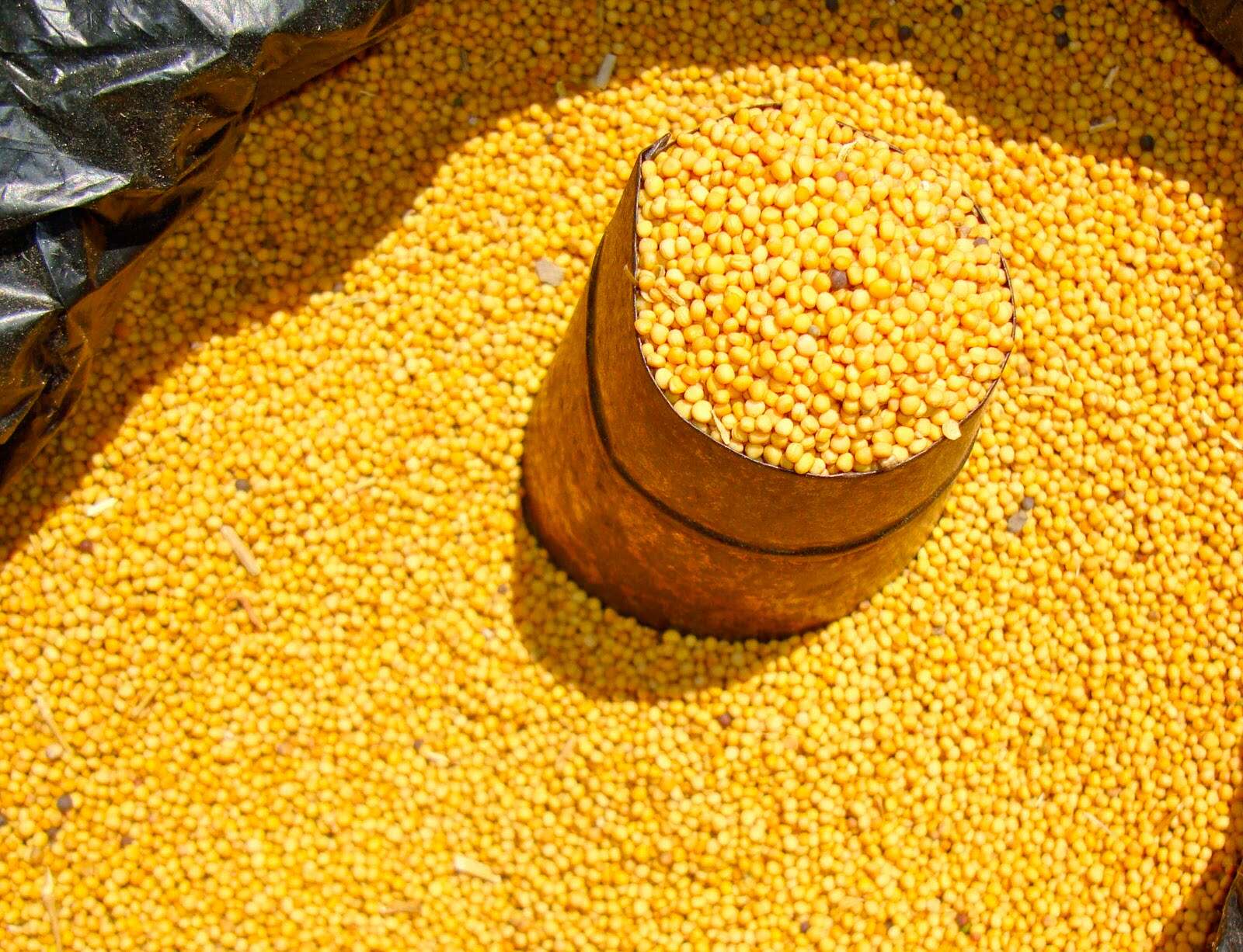
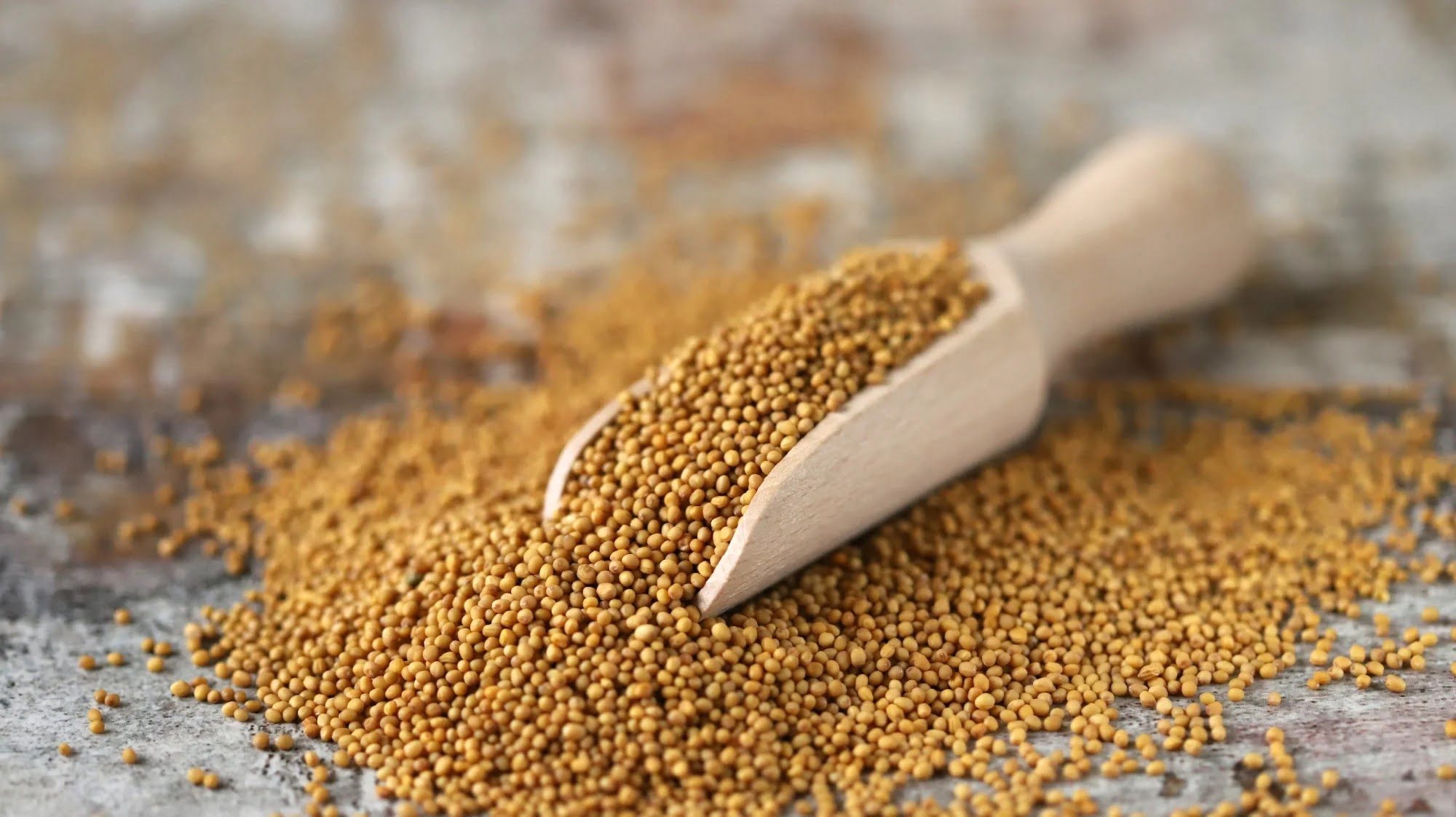
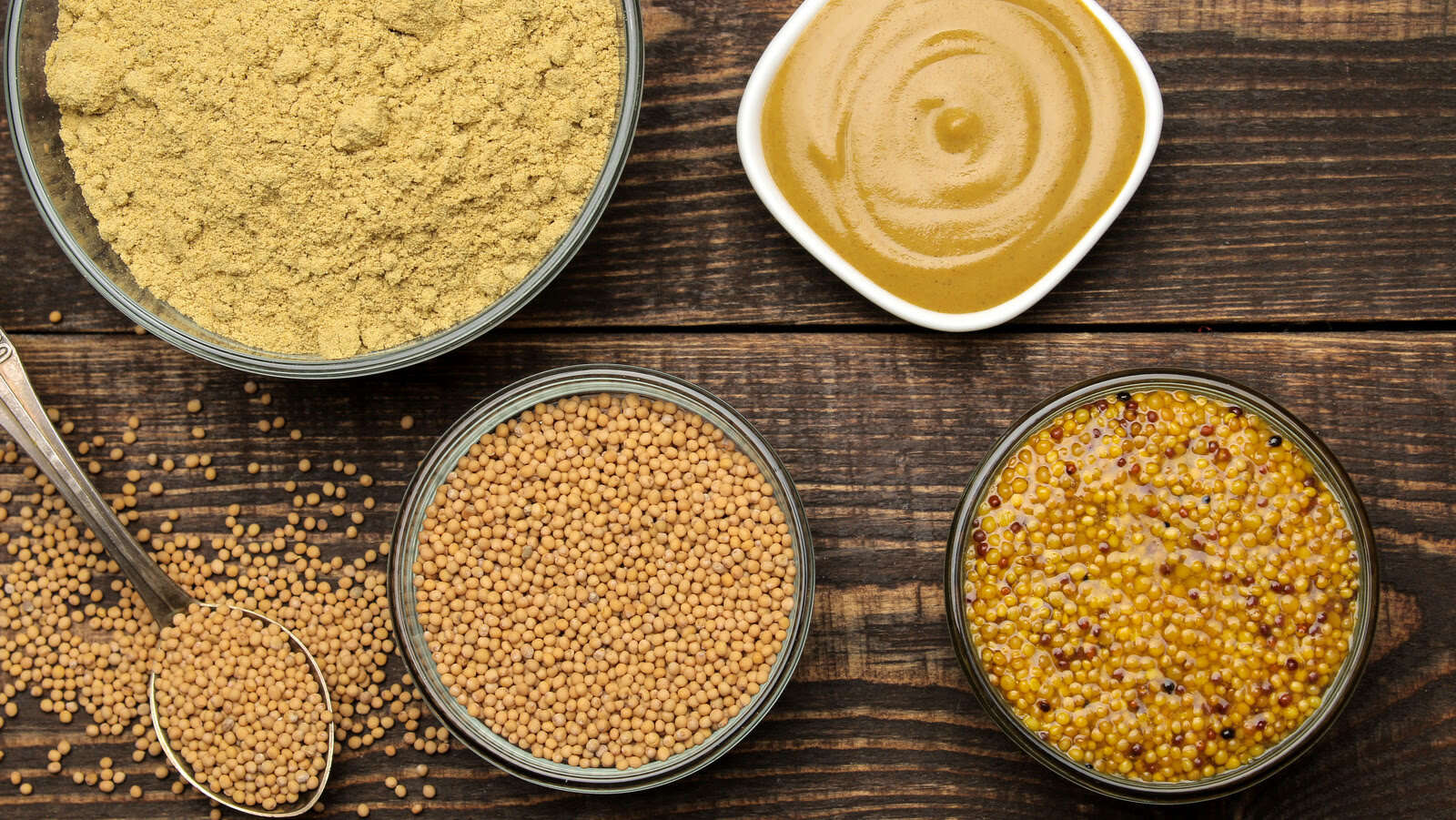
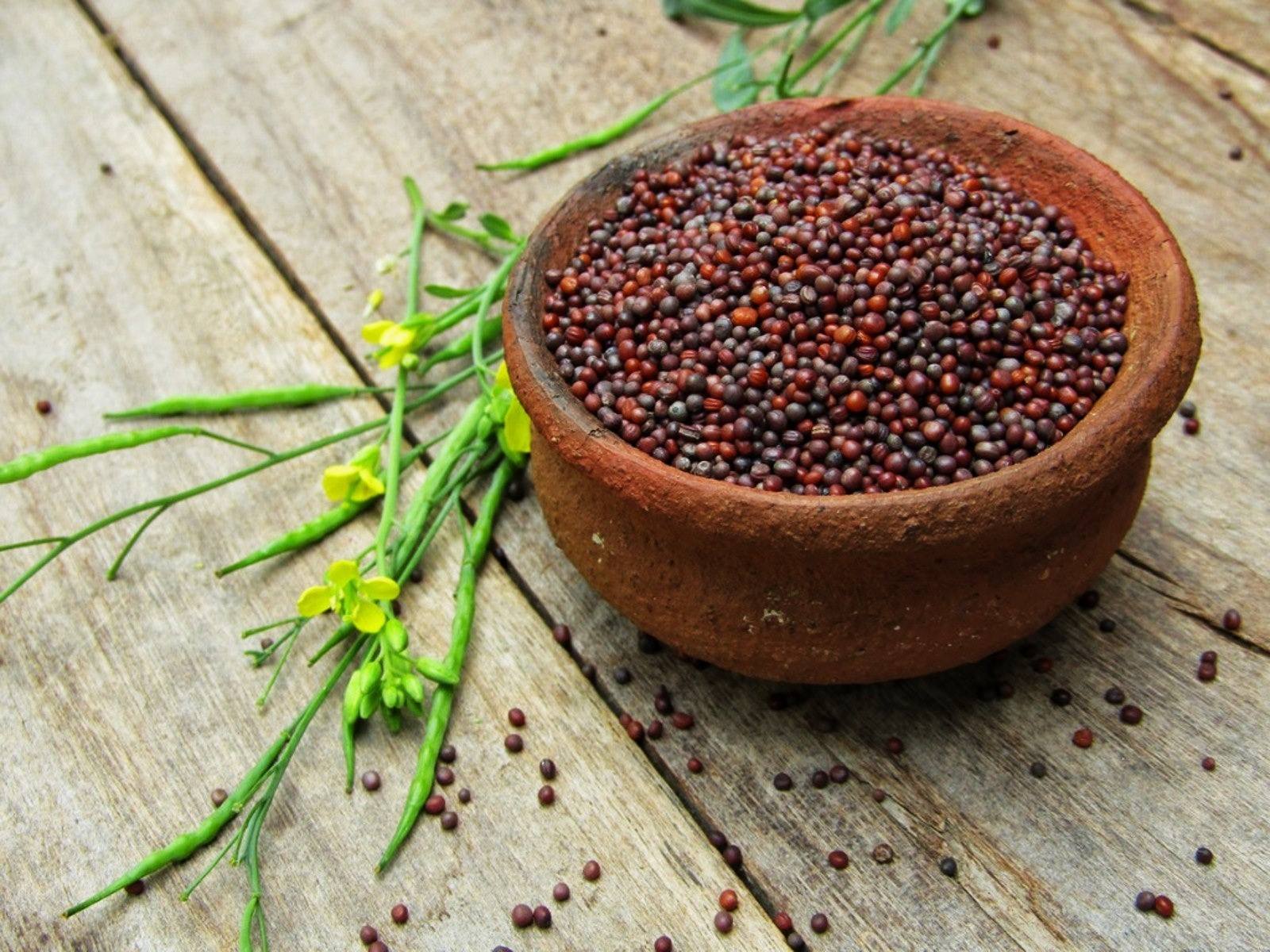
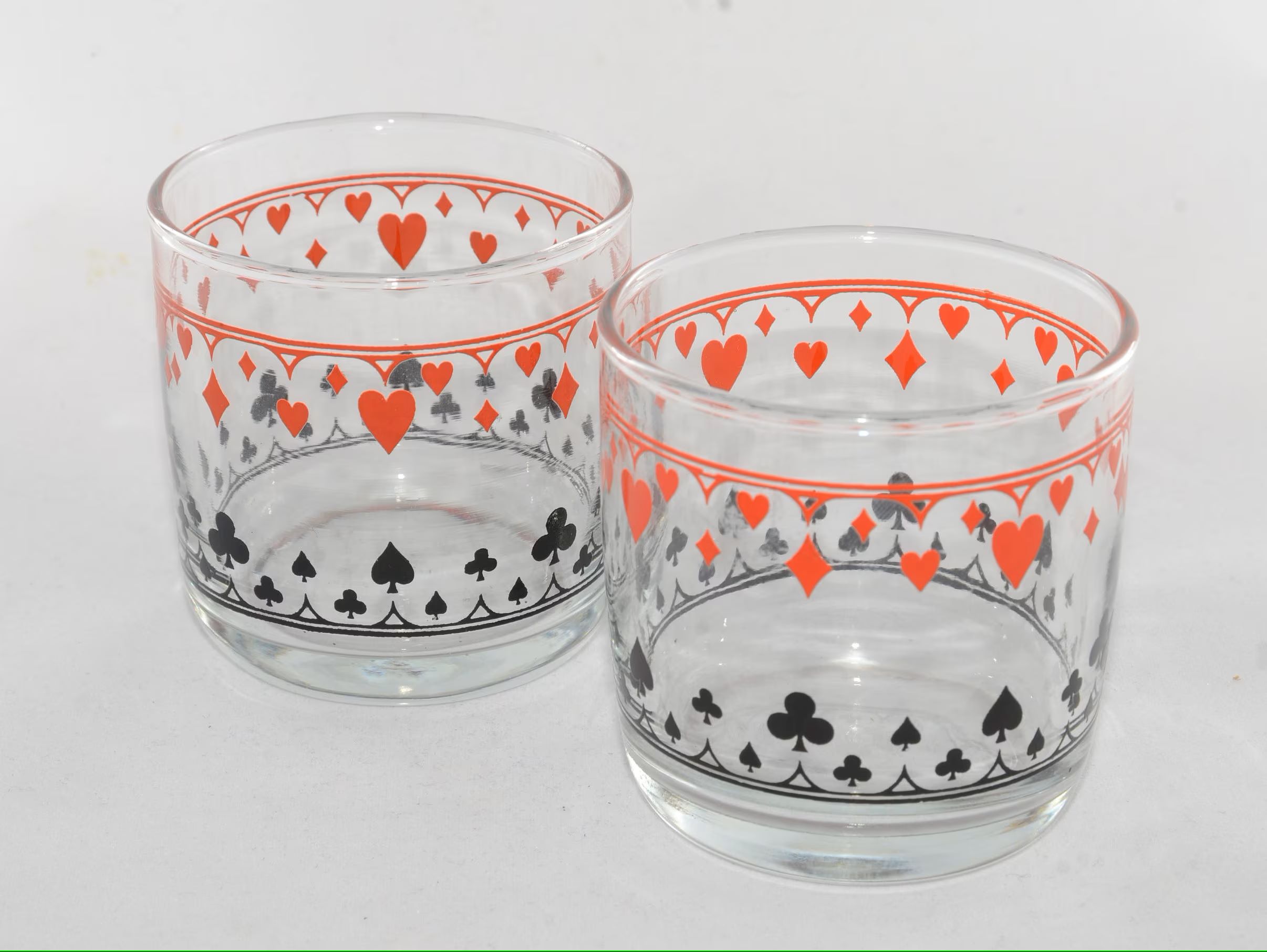
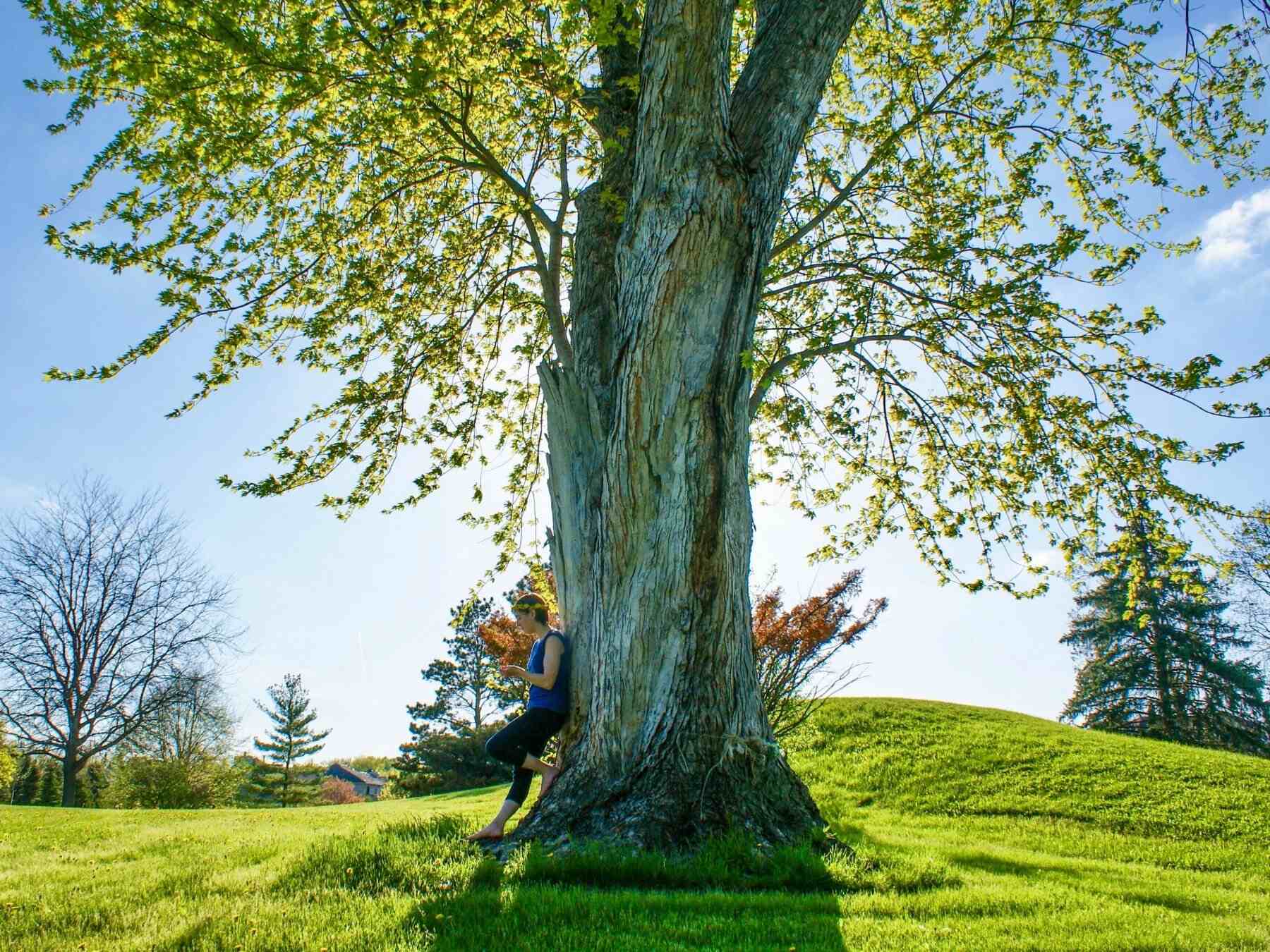
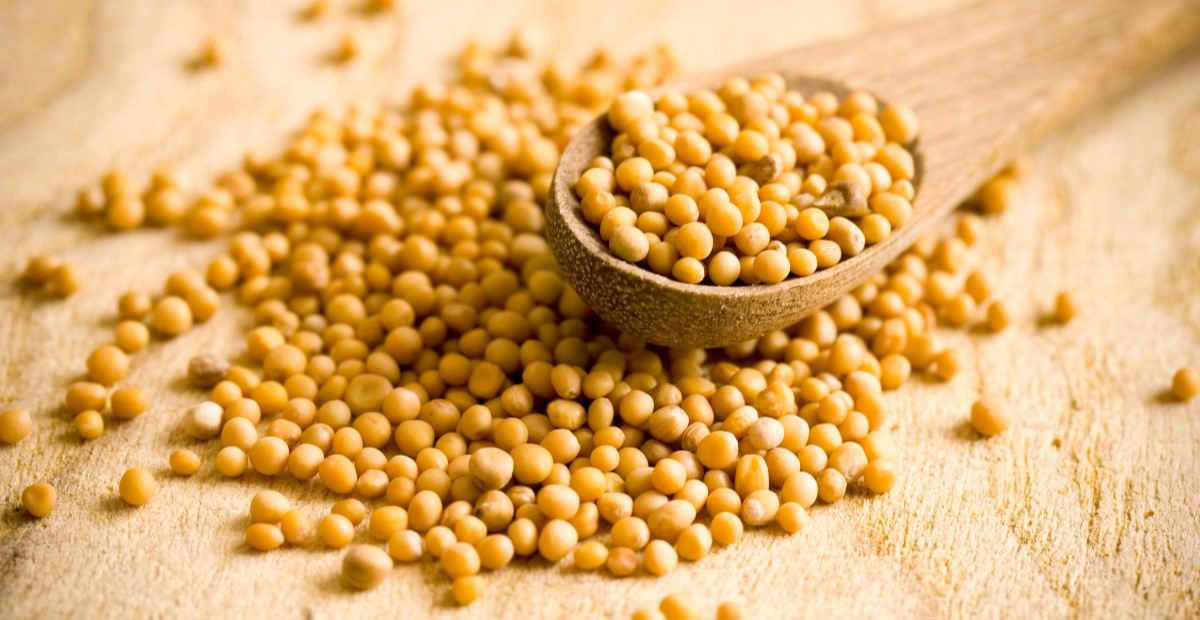
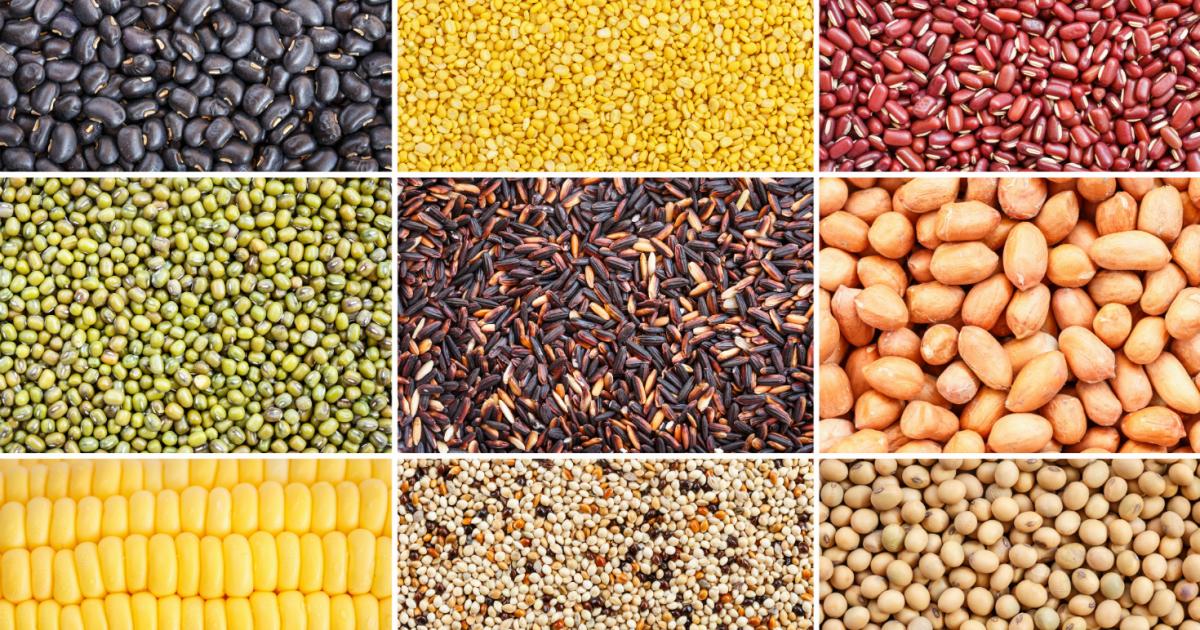
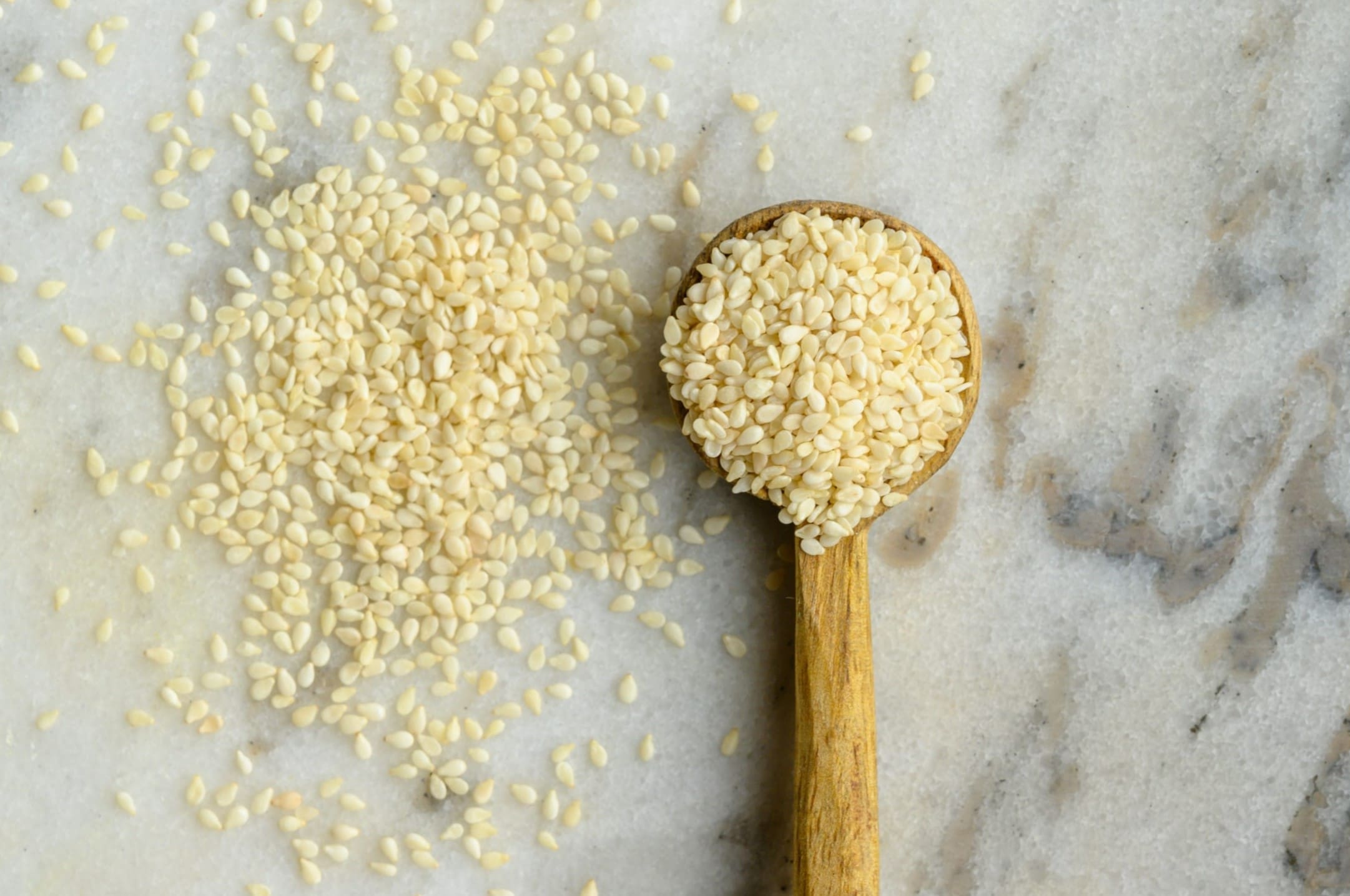
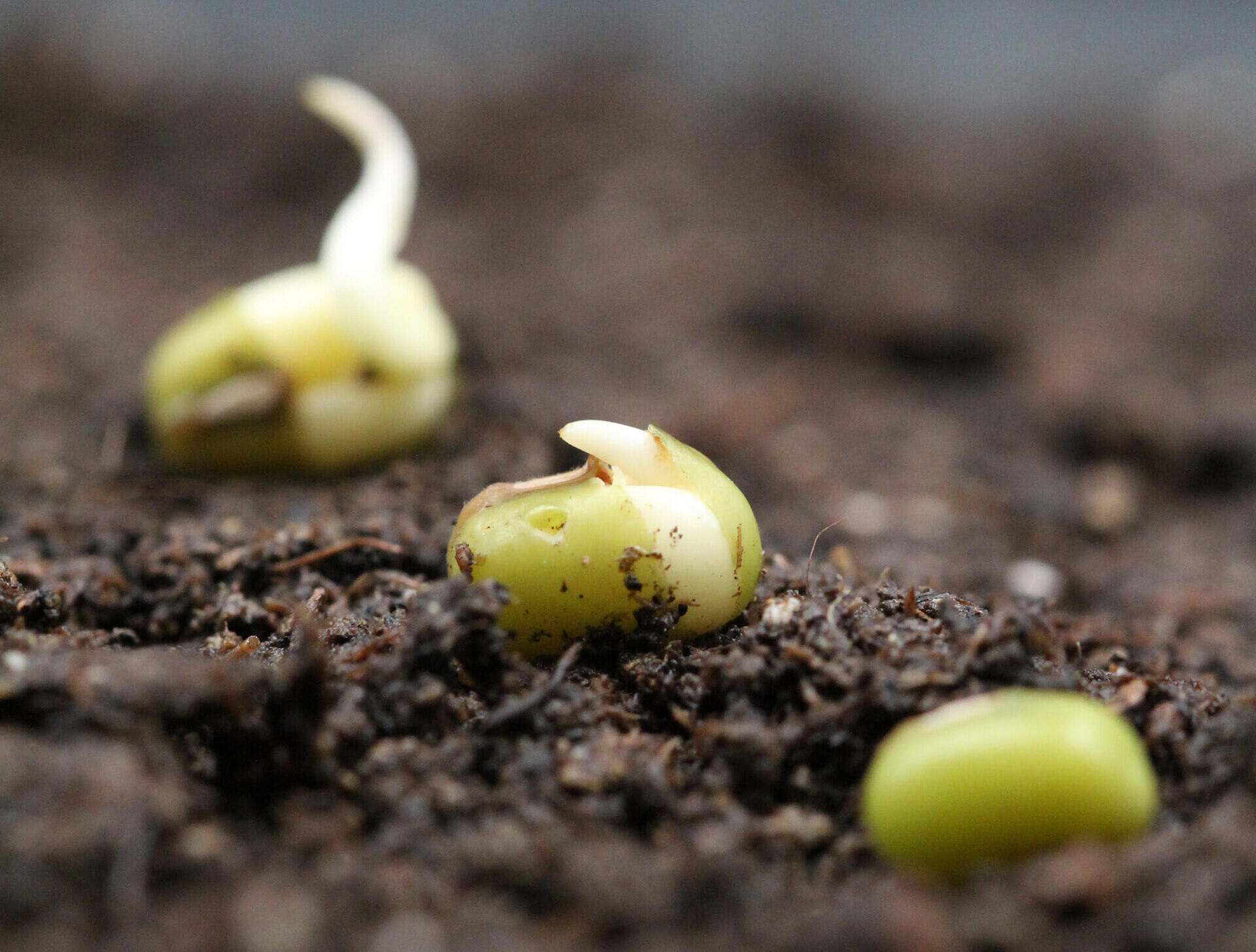
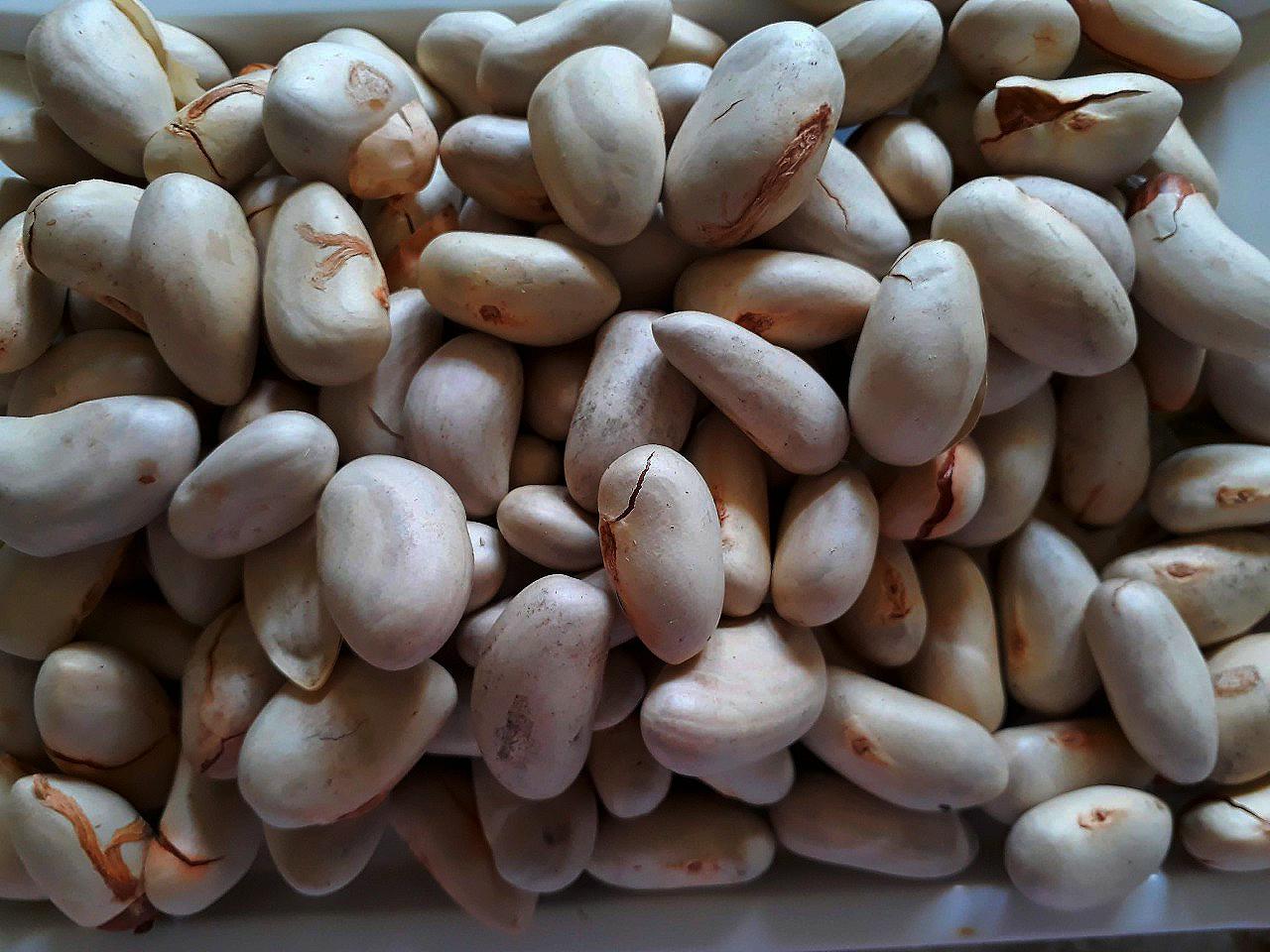
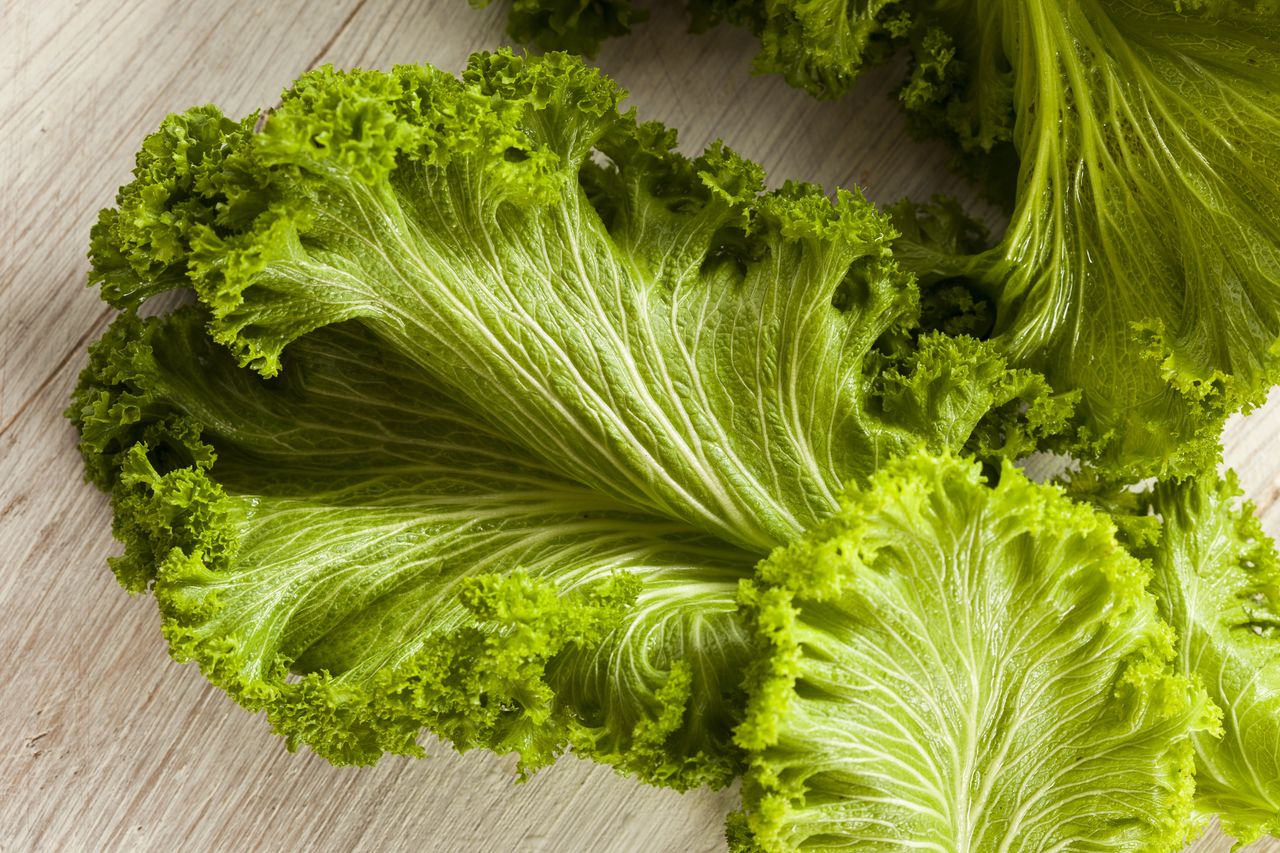
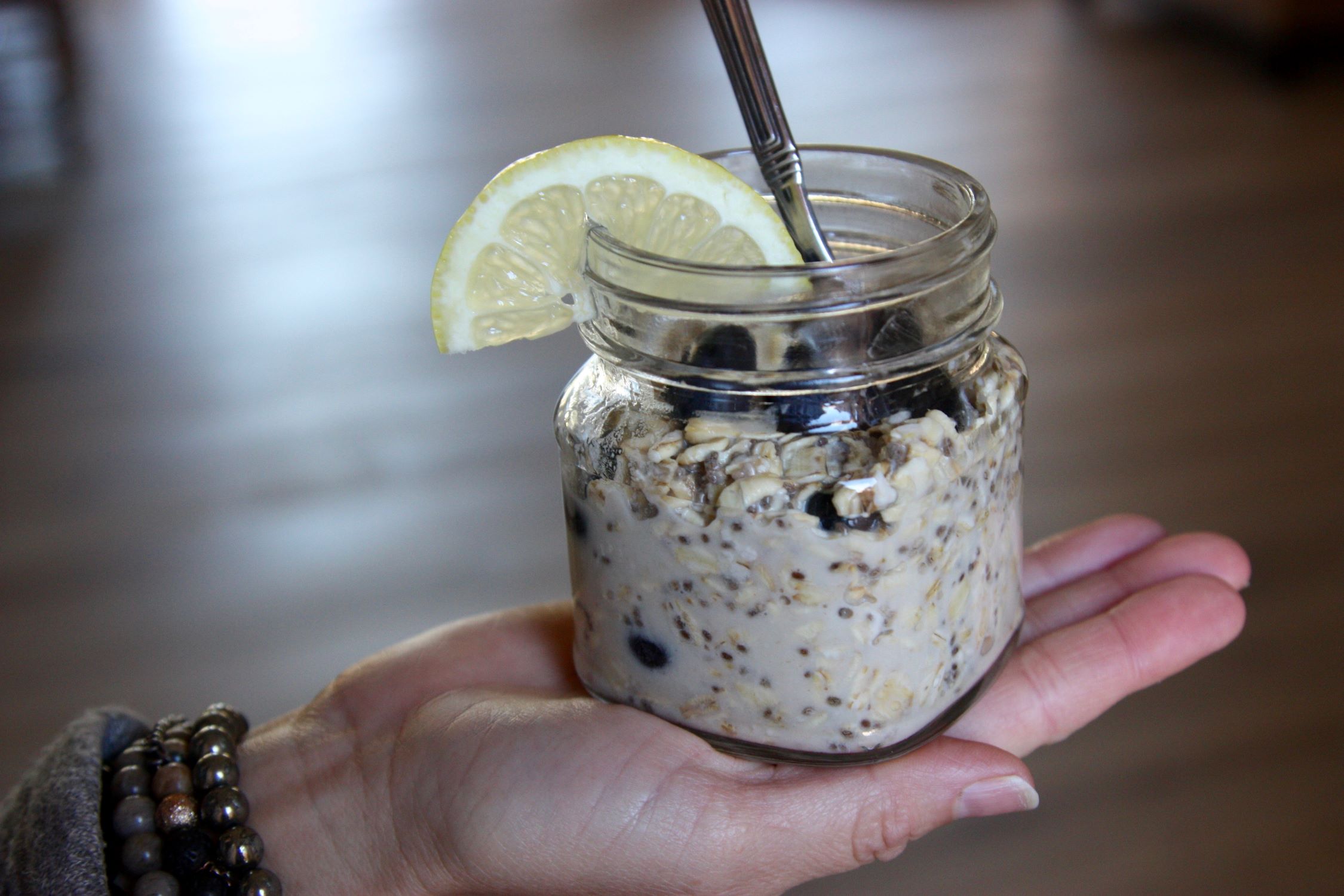
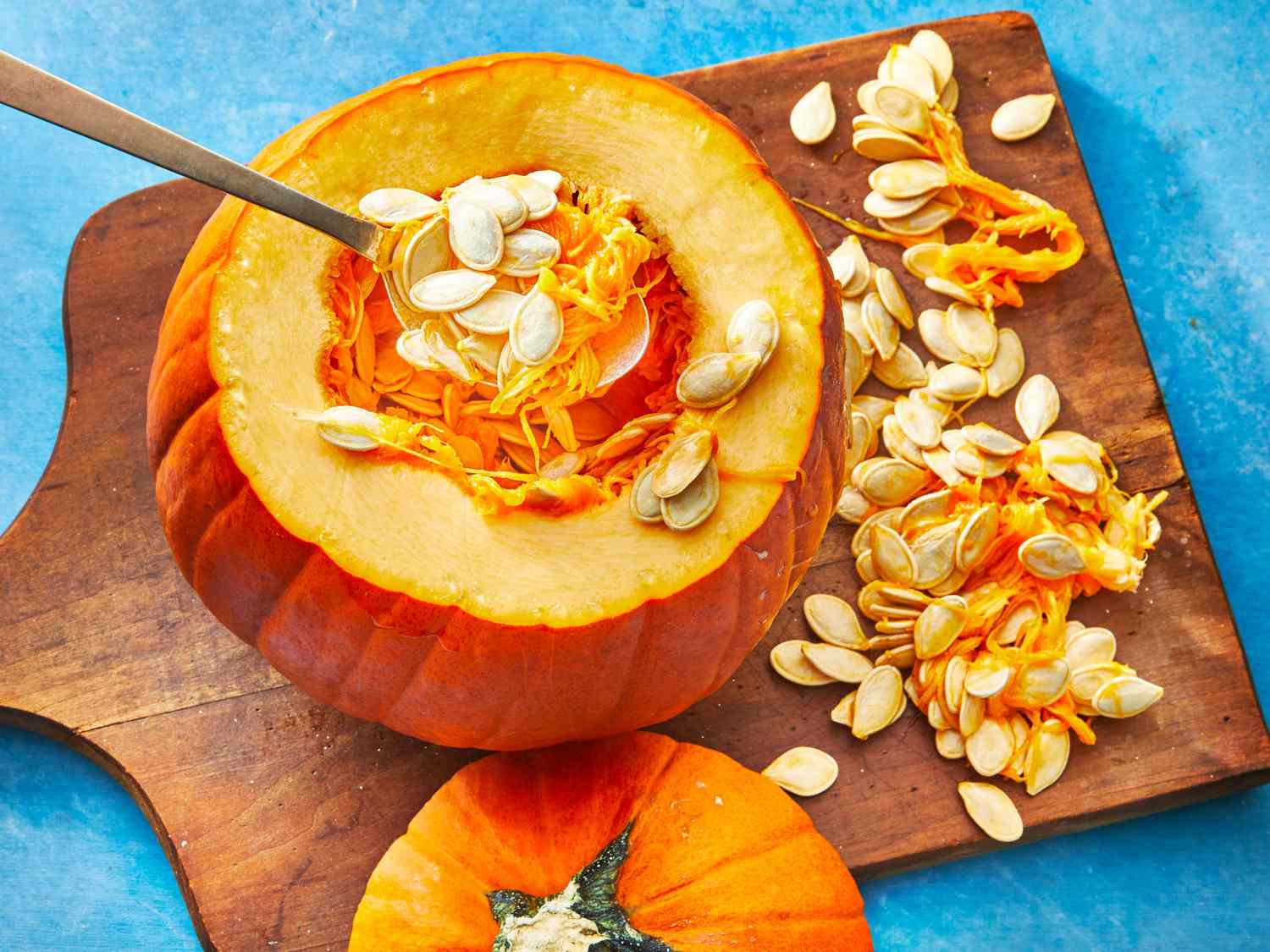

0 thoughts on “What To Do With Mustard Seeds”